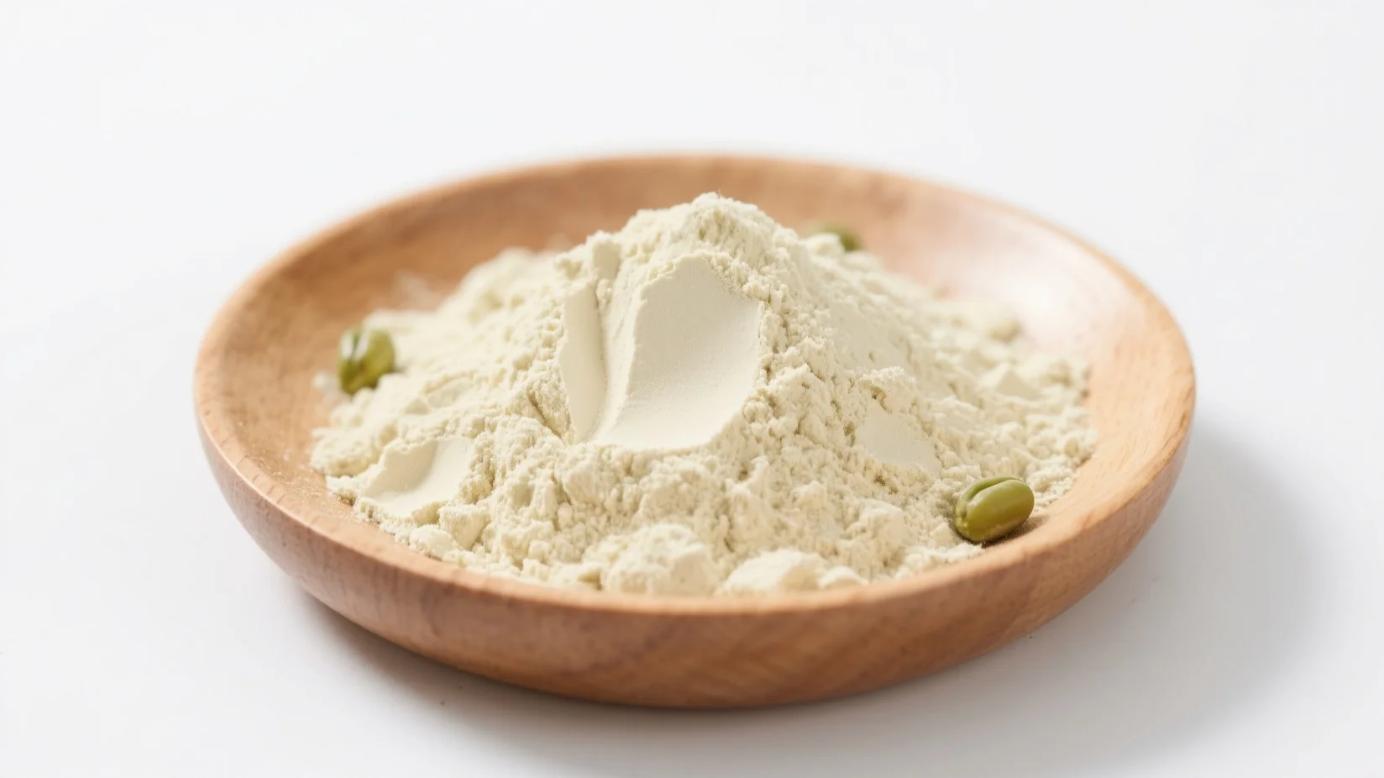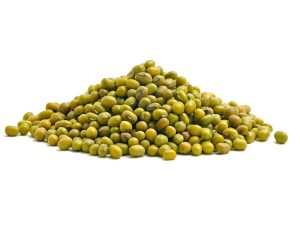Table of Contents
When it comes to plant-based nutrition, both mung beans and lentils are superstars in the legume family, celebrated for their impressive nutritional profiles and versatility. But if you’re weighing your options, particularly when considering ingredients like organic mung bean protein powder, you might wonder: which is healthier?
The truth is, both are incredibly healthy, nutrient-dense foods with unique benefits. The “healthier” choice often depends on your specific dietary needs and what you’re looking to gain. Let’s break down their nutritional strengths.
Mung Beans: The Gut Health & Antioxidant Champion
Mung beans are small, green legumes with a slightly sweet taste. They are often highlighted for their digestibility and unique contributions:
- Digestive Health Powerhouse: Mung beans are particularly rich in prebiotic fiber, including resistant starch, which acts as fuel for beneficial gut bacteria. This promotes a healthy gut microbiome, aids in digestion, and can help prevent digestive discomfort. If gut health is a top priority, mung beans might have a slight edge.
- High in Folate: Mung beans are an excellent source of folate (Vitamin B9), crucial for DNA synthesis, cell growth, and overall metabolic health. A single serving can provide a significant portion of your daily folate needs.
- Antioxidant Richness: They contain a variety of antioxidants, including flavonoids (like vitexin and isovitexin) and phenolic acids. These compounds help combat oxidative stress and inflammation in the body.
- Blood Sugar & Blood Pressure Support: Research suggests that mung beans may help lower blood glucose levels and contribute to healthy blood pressure due to their fiber, potassium, and magnesium content.
Organic Mung Bean Protein Powder concentrates the protein from these beneficial beans, offering a clean, plant-based protein source that retains many of the original bean’s advantages. It’s often praised for its neutral taste and smooth texture compared to some other plant proteins, making it an excellent addition to smoothies, shakes, and baked goods.
Lentils: The Iron & Protein Giant
Lentils come in various colors (red, green, brown, black) and are a staple in many cuisines worldwide. They are particularly noted for:
- Exceptional Iron Content: Lentils are an outstanding source of non-heme iron, making them particularly valuable for vegetarians, vegans, and anyone looking to boost their iron intake. Iron is essential for oxygen transport and energy levels.
- High Protein Content: Lentils typically offer a slightly higher protein content per serving compared to mung beans, making them an excellent choice for muscle building and satiety, especially for those seeking to maximize their plant-based protein intake.
- Heart Health Heroes: Rich in fiber, folate, and potassium, lentils are powerful allies for cardiovascular health. Their soluble fiber helps lower cholesterol levels, and potassium contributes to blood pressure regulation.
- Blood Sugar Regulation: The high fiber content in lentils helps stabilize blood sugar levels, preventing spikes after meals and contributing to better glycemic control.
The Verdict: It’s About Your Needs
Ultimately, both mung beans and lentils are incredibly healthy legumes that deserve a place in your diet.
- Choose Mung Beans (or Organic Mung Bean Protein Powder) if: You’re prioritizing gut health due to their unique prebiotic fiber, seeking a high folate source, or looking for a protein with a particularly mild flavor and smooth texture.
- Choose Lentils if: You’re looking to significantly boost your iron intake, aiming for the highest protein content among these two, or want a versatile legume for hearty stews and curries.
Many nutritionists would recommend enjoying both regularly to benefit from their diverse nutrient profiles. Organic mung bean protein powder provides a convenient way to incorporate the specific benefits of mung beans into your diet, especially if you’re looking for a plant-based protein that’s easy on digestion and blends seamlessly into various foods.
What specific nutritional goals are you trying to achieve with your formulations?
Related Products
Organic Mung Bean Protein Powder
A high-purity (80%) plant protein with exceptional gelling and emulsifying properties. This…
Organic Mung Bean
Brand: ORGANICWAY



